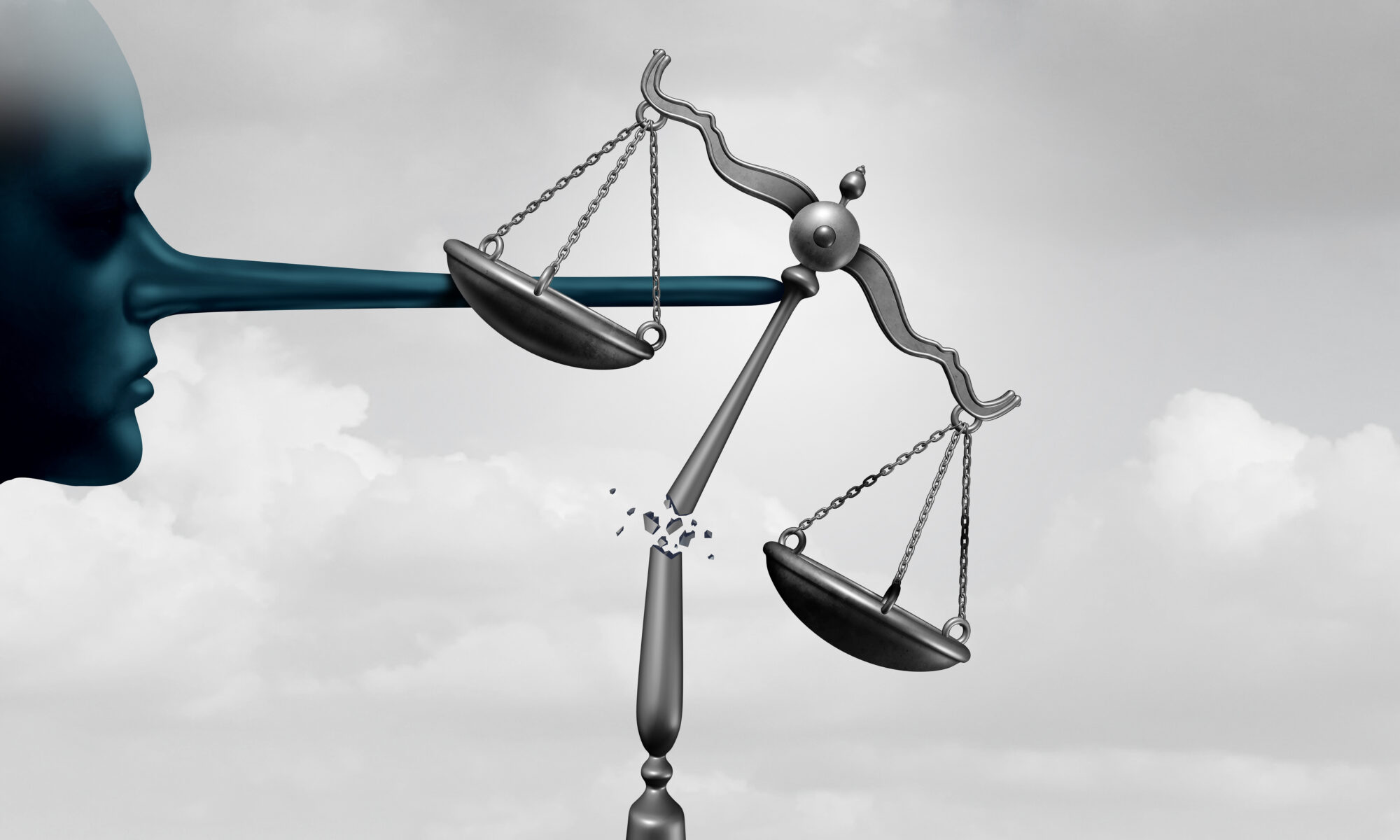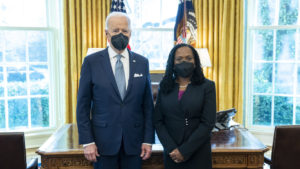Breaking the Silence: Combating Sexual Harassment in the Workplace
The statistics are alarming, but the stories behind them are even more harrowing. According to recent data from the Equal Employment Opportunity Commission (EEOC), sexual harassment complaints are surging. In 2024 alone, complainants filed 35,774 claims, representing a staggering 32% increase since 2022. This sharp rise indicates that despite increased awareness, workplaces across the country remain dangerous environments for thousands of employees.
Sexual harassment is not merely an uncomfortable social interaction; it is an unlawful violation of civil rights that can derail careers and shatter mental health. Whether it manifests as subtle, derogatory comments or overt physical assault, the impact on the victim is profound. For those navigating this difficult terrain, understanding the legal landscape is the first step toward justice. It is crucial to recognize what constitutes harassment, how the law protects employees, and the specific recourse available for those forced to endure a hostile work environment.
Understanding the Legal Definitions
To combat harassment, one must first define it. Both federal and state laws provide clear frameworks for what constitutes illegal conduct. Under the California Fair Employment and Housing Act (FEHA), harassment based on sex is broadly defined. It includes not only sexual harassment but also gender harassment, gender expression harassment, and harassment based on pregnancy, childbirth, or related medical conditions.
The EEOC creates a distinction between isolated incidents and a pervasive culture of abuse. While the law doesn’t prohibit simple teasing or offhand comments, conduct becomes illegal when it is so frequent or severe that it creates a hostile work environment. This occurs when a reasonable person would find the workplace intimidating, hostile, or offensive.
Furthermore, the victim does not have to be the person directly harassed; they can be anyone affected by the offensive conduct. The harasser can be a supervisor, a co-worker, or even a non-employee like a client or independent contractor. Crucially, the victim and the harasser can be of any gender, and unlawful sexual harassment may occur without economic injury to the victim.
Case Study: The Midwest Farms Settlement
Legal definitions often feel abstract until they are applied to real-world scenarios. A recent case involving a Colorado agribusiness, Midwest Farms, LLC, illustrates the grim reality of unchecked workplace harassment and the consequences for employers who fail to protect their staff.
In February 2026, the EEOC announced a $334,500 settlement with Midwest Farms after an investigation revealed a pattern of routine sexual abuse. The investigation began when a former employee, hired as a swine production trainee, filed a complaint. Her role involved transporting hogs and cleaning buildings, a job that required her to “shower in” at the start of her shift.
The details of the case paint a disturbing picture of power abuse. On at least three occasions, the woman’s manager barged into the women’s dressing room without knocking while she was undressing. In one instance, he watched her shower. In another humiliating power play, he forced her to work a shift in a man’s jumpsuit without undergarments.
When the employee attempted to report this behavior to the production manager, she was told to “work things out” on her own. This failure to act is a common theme in harassment cases. The company not only ignored the complaints but also allegedly retaliated against the women who spoke up. The settlement provided financial restitution to the victim and two others, serving as a reminder that employers are liable for their supervisors’ conduct.
Recognizing the Spectrum of Harassment
Harassment rarely looks the same in every case. It exists on a spectrum, ranging from verbal slurs to physical assault. The California Department of Fair Employment and Housing categorizes these behaviors into three distinct types:
Visual Conduct
This includes leering, making sexual gestures, or displaying suggestive objects, pictures, cartoons, or posters. In the digital age, this also extends to sending explicit images or emails. If a workspace is decorated with materials that objectify a specific gender, it contributes to a hostile environment.
Verbal Conduct
This is often the most pervasive form of harassment. It includes making or using derogatory comments, epithets, slurs, and jokes. It also encompasses verbal sexual advances, propositions, and graphic commentaries about an individual’s body. Even “compliments” can be harassment if they are unwanted, sexual in nature, and pervasive.
Physical Conduct
This includes touching, assault, or impeding and blocking movements. As seen in the Midwest Farms case, physical harassment can also involve invasion of privacy, such as intruding on an employee while they are changing or showering.
The Trap of “Constructive Discharge”
A common misconception is that an employee cannot sue for wrongful termination if they quit their job. This is legally incorrect due to the concept of constructive discharge.
Constructive discharge occurs when an employee resigns because the working conditions have become so intolerable that a reasonable person in their position would have felt compelled to leave. In the eyes of the law, this is treated as a firing.
In the Midwest Farms case, the victim resigned in November 2018, less than two months after her employment began. She did not leave because she wanted to; she left because the environment was unsafe. If an employer allows a hostile work environment to persist, they may be held responsible for the resignation as if they had terminated the employee themselves.
Employer Liability and Federal Protections
Federal law, specifically Title VII of the Civil Rights Act of 1964, prohibits sexual harassment. This applies to employers with 15 or more employees, including state and local governments, labor organizations, and employment agencies.
Employers have a legal duty to prevent harassment and to take immediate and appropriate corrective action when it is reported. When an employer fails to do so—or worse, retaliates against the victim—they expose themselves to significant liability.
Retaliation is a critical component of many harassment lawsuits. It is illegal for an employer to fire, demote, or deny benefits to an employee because they refused sexual favors or complained about harassment. Even if the underlying harassment charge is not proven, a company can still be found liable for retaliation.
Taking Action: Steps for Victims
If you suspect you are being subjected to a hostile work environment, taking the right steps early can significantly impact the outcome of a potential legal case.
- Document Everything: Keep a detailed record of every incident. Note the date, time, location, witnesses, and exactly what was said or done. Save emails, text messages, and any other physical evidence.
- Report the Behavior: Follow your company’s policy for reporting harassment. If possible, do this in writing so there is a paper trail. As seen in the Midwest Farms case, verbal complaints can be dismissed or ignored.
- Do Not Use Artificial Intelligence (AI): To Conduct Research About Your Situation. The reason for this recommendation is that your AI conversations are not protected from discovery by the other side. Unlike your communications with attorneys, which are protected by the attorney–client privilege, any conversations that you have with AI platforms are completely discoverable by the opposing party.
- Consult an Attorney: Before you do anything, immediately seek legal representation. Because sexual harassment cases can be complex and fact-specific, it is very important to bring on board an experienced retaliation attorney who can help evaluate the merits of your claim and guide you through the legal process. The attorneys at Helmer Friedman LLP can help determine if the conduct meets the legal standard for a hostile work environment or constructive discharge.
- File a Complaint: You may need to file a charge of discrimination with the EEOC or a state agency like the California Department of Fair Employment and Housing before filing a lawsuit.
Cultivating a Culture of Safety
The rise in harassment claims suggests that corporate culture still has a long way to go. No employee should have to choose between their dignity and their paycheck. While settlements like the one in Colorado provide some measure of justice, the ultimate goal is prevention.
By understanding your rights and recognizing the signs of a hostile work environment, you empower yourself to take action. Whether it is documenting abuse, filing a claim, or seeking legal counsel, silence is no longer the only option.






 Judge Jackson, who clerked for Justice Breyer, worked as a public defender, a corporate attorney, a U.S. District Court judge, and a judge on the U.S. Court of Appeals for the District of Columbia.
Judge Jackson, who clerked for Justice Breyer, worked as a public defender, a corporate attorney, a U.S. District Court judge, and a judge on the U.S. Court of Appeals for the District of Columbia.


